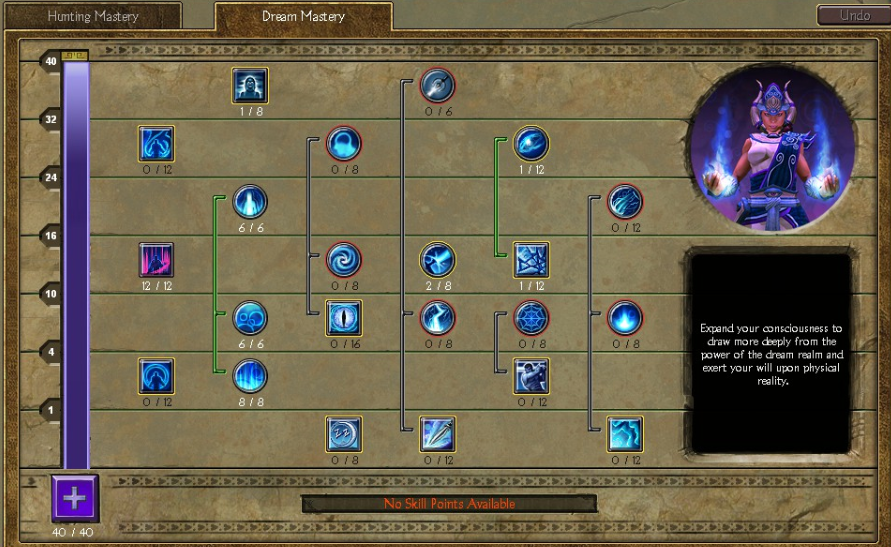

With this approach to Western esotericism and Western cultural history it is not only possible but naturally to study Kabbalah as a part of this framework. This discourse involves a claim of higher knowledge and is transmitted or achieved through a dialectic of concealment and revelation. However it is also necessary to detach the definition of Western esotericism from exact historical phenomena and instead view the heuristic construction of Western esotericism as a structural element and a certain discourse in Western history of religions. The preliminary alternative to this view is most importantly to perceive Western culture not as culturally monolithic Christian but rather as a complex system marked by cultural and religious pluralism. It challenges the former notion of Western esotericism as being a strictly Christian cultural phenomenon by discussing the prevalent definitions of and approaches to the field an understanding of Western esotericism which would exclude a phenomenon such as Kabbalah from the field of Western esotericism. This study deals with two fields of European history of religions, namely Western esotericism and Kabbalah.

A Master’s Thesis presented to the Department of History of Religions, University of Copenhagen May 2008 by Sara Møldrup Thejls.


 0 kommentar(er)
0 kommentar(er)
